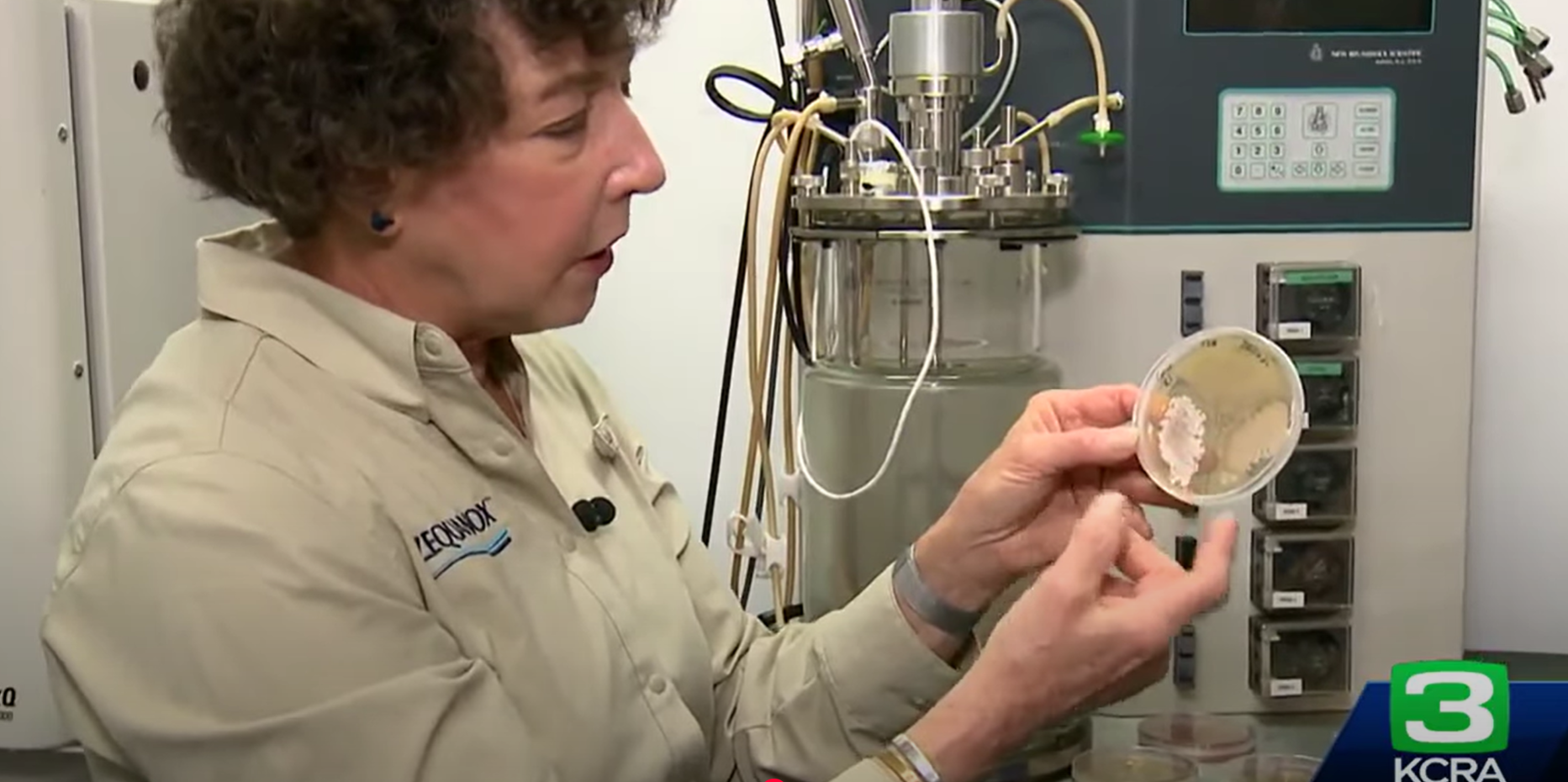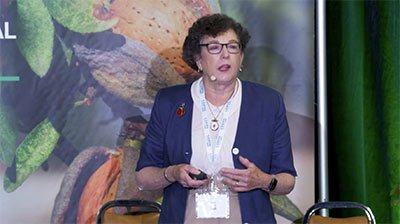
Invasive Species Corporation
Developing nature-positive invasive species solutions
Global economic cost from Invasive species
More than $423
billion annually
2023 figure, World Economic Forum
Invasive species cost the global economy over $423 billion annually and drive most plant and animal extinctions, according to a 2023 report.
Human activity has introduced over 37,000 alien species worldwide, with 3,500 classified as harmful. To protect native ecosystems, these species must be eradicated—and the Invasive Species Corporation is here to help.

What We Do
The Invasive Species Corporation discovers, develops and deploys environmentally responsible biological solutions to control invasive species in water and agriculture. Our three target areas are 1) Bioherbicide for weed control, 2) Sea lice control, 3) Invasive mussel and fish control with Zequanox® and Piscamycin™. We “regenerate nature with nature.”
Our Invasive Species Control Products
Manage invasive fish and restore
native populations
Controls zebra and quagga mussels without harmful chemicals

Prevent the spread & permanent damage of invasive mussels.
Contact us, at the first sign of an infestation.
ISC News

-
Scientist in Davis working on solution to invasive Golden Mussels

-
Salinas Biological Summit Plenary - What's happened this past year?

-
Ahead of Her Time: The Pamela Marrone Story

-
Particle Accelerator Episode 30

-
2024 Salinas Biologicals Summit

-
Tip of the Iceberg Podcast

-
ISC Product Pitch at Start-Up Arena 2024

-
Pam Marrone - Rosalind Franklin Award

-
TBLI Chairman Robert Rubinstein interviews Pam Marrone

-
Invasive Mussel Collaborative: Good Harbor Reef Demonstration Project
































